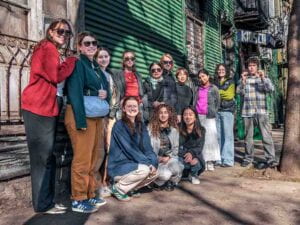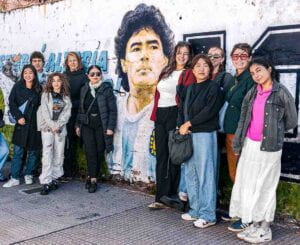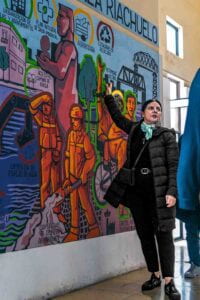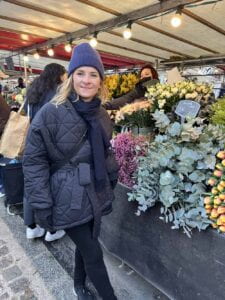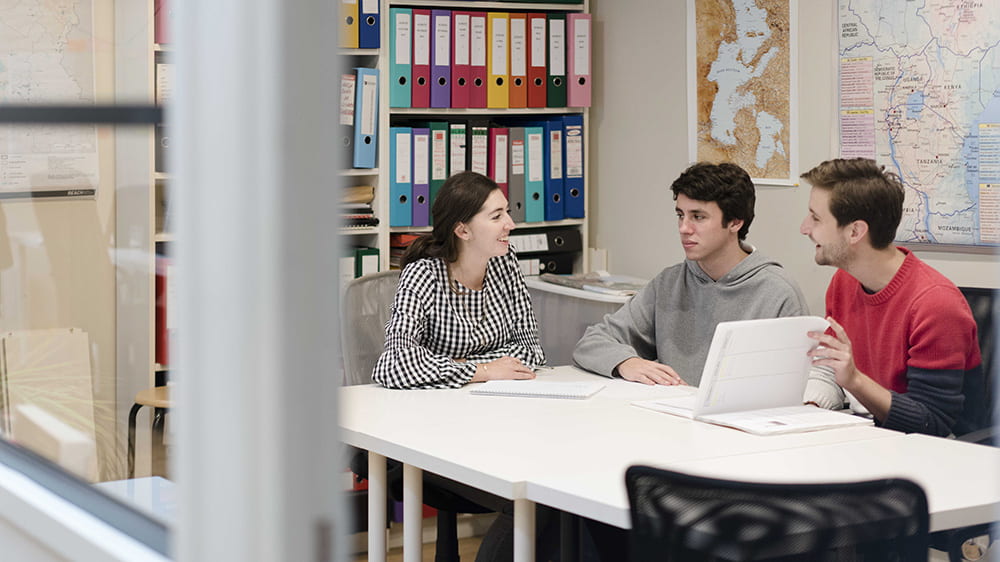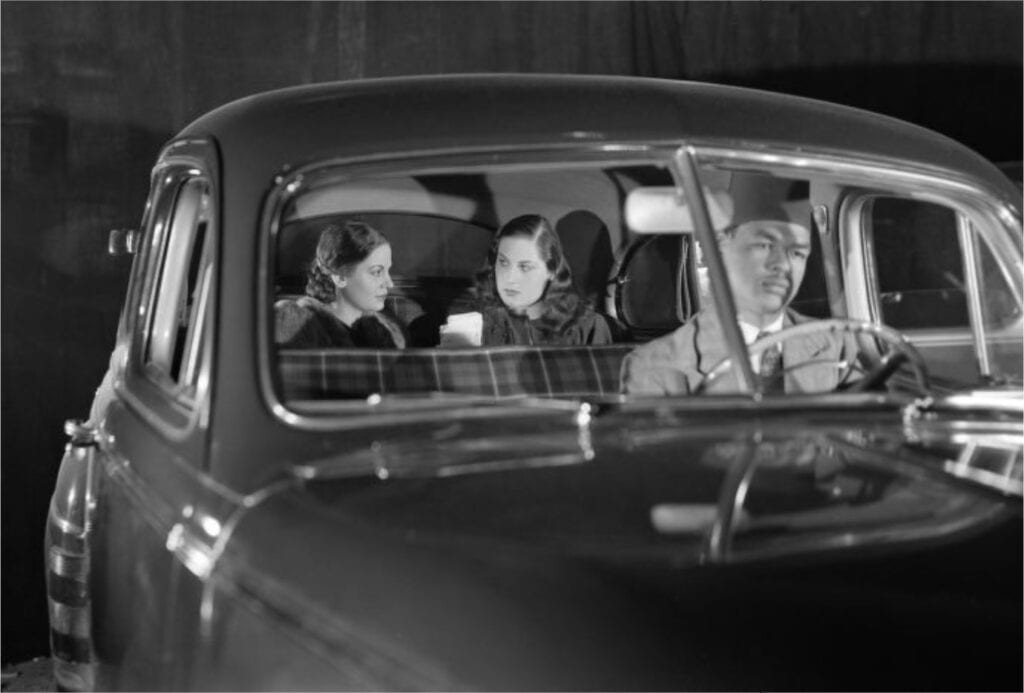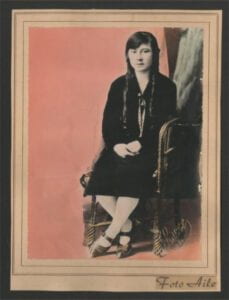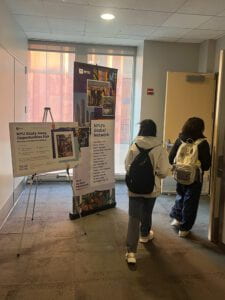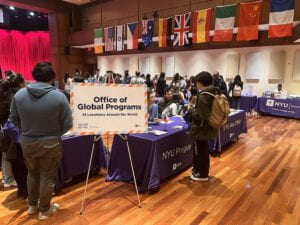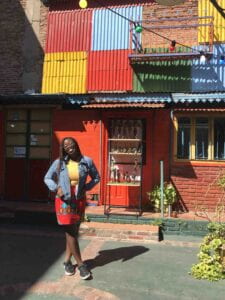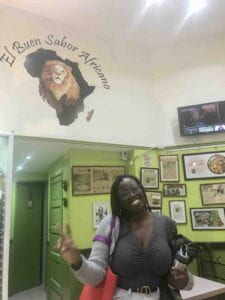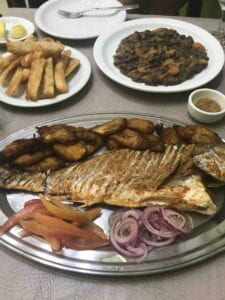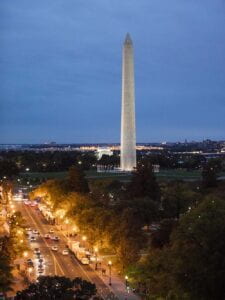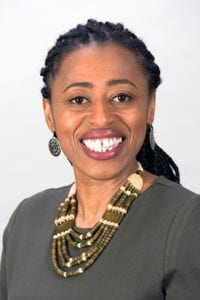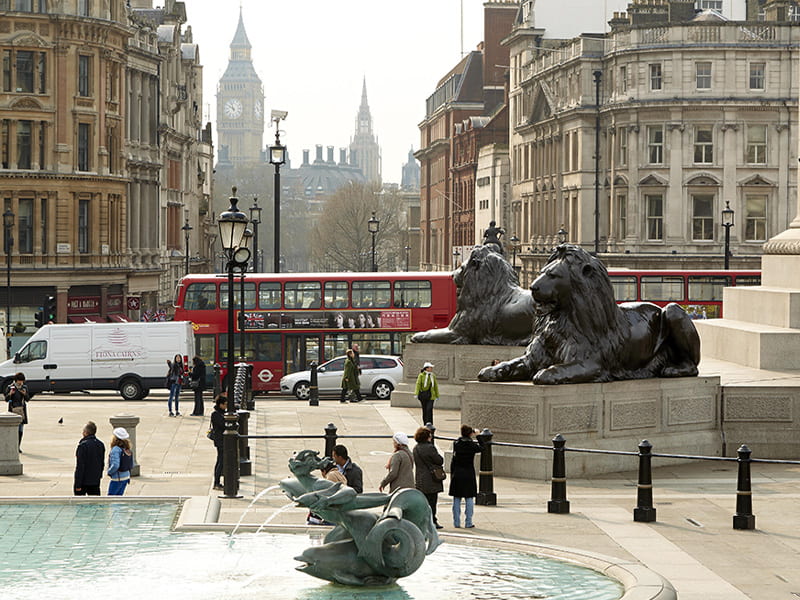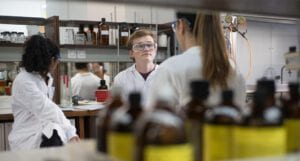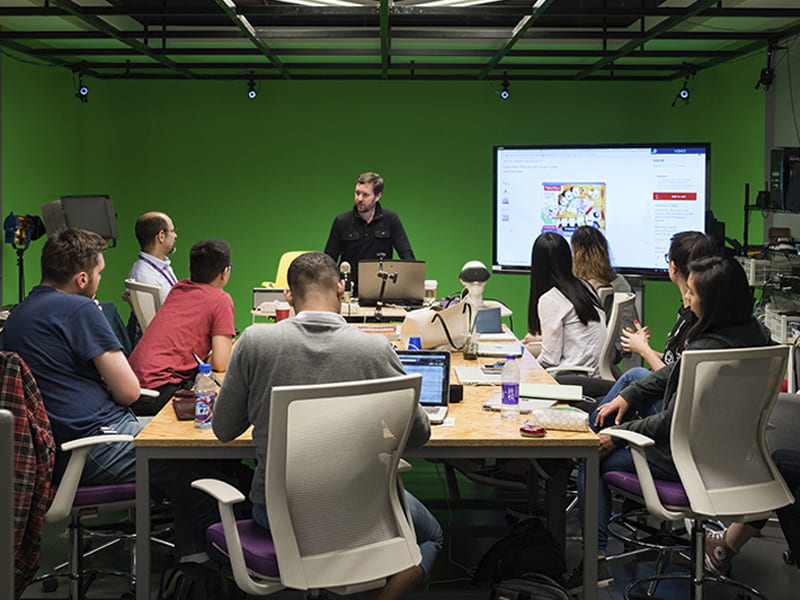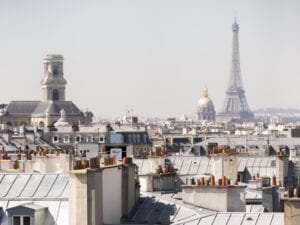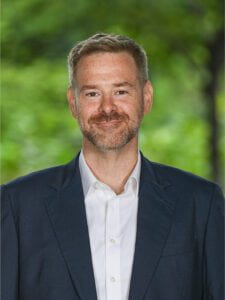 Professor Brian Hall has always kept a busy schedule. The global health researcher and clinical psychologist began his career providing triage services at a free medical clinic in Ohio, then he took his work to a post-tsunami Japan in 2011. With a dedication to supporting underserved and disadvantaged populations, he’s worked with refugees in Jijiga, Ethiopia, and migrant domestic workers in Macao, China. Today, he’s the director of NYU Shanghai’s Center for Global Health Equity and a professor of global public health. He’s also coauthored more than 320 peer-reviewed publications, commentaries, and chapters on the most pressing global health issues of our time, leading to his distinctions as a 2022 and 2023 Highly Cited Researcher in the field of Psychiatry and Psychology by Clarivate’s Web of Science. “It really highlights that our work is timely, focused on key issues of global priority that demonstrate a real impact on the field,” he says. “It is an honor.”
Professor Brian Hall has always kept a busy schedule. The global health researcher and clinical psychologist began his career providing triage services at a free medical clinic in Ohio, then he took his work to a post-tsunami Japan in 2011. With a dedication to supporting underserved and disadvantaged populations, he’s worked with refugees in Jijiga, Ethiopia, and migrant domestic workers in Macao, China. Today, he’s the director of NYU Shanghai’s Center for Global Health Equity and a professor of global public health. He’s also coauthored more than 320 peer-reviewed publications, commentaries, and chapters on the most pressing global health issues of our time, leading to his distinctions as a 2022 and 2023 Highly Cited Researcher in the field of Psychiatry and Psychology by Clarivate’s Web of Science. “It really highlights that our work is timely, focused on key issues of global priority that demonstrate a real impact on the field,” he says. “It is an honor.”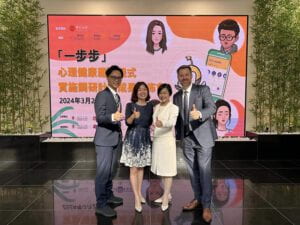
Hall and colleagues celebrate the successful trial of Step-by-Step, a digital mental health intervention, on Chinese university students.
At the center, Hall says, “We focus our efforts on finding opportunities to make the greatest public health impact.” Currently, that includes noncommunicable diseases, like cancer and mental health, urban health, climate change, and migration. Now Hall is focusing on digital mental health interventions. Working with the World Health Organization, he recently published an implementation trial to address the mental health of Chinese university students—a population of more than 9 million. Going forward, the center is coleading a 1.3 million euro grant to study the barriers of accessing mental health care that migrant populations in five countries experience.
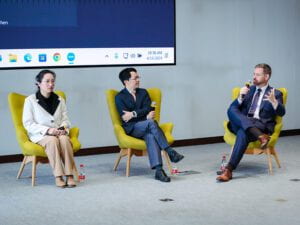
Jin Han, Yang Feng, and Hall in discussion at the inaugural Summit in Global Public Health held by NYU’s New York City and Shanghai campuses
Because the center is based at NYU Shanghai, Hall and his colleagues have access to a wealth of resources. “Shanghai is a living laboratory, and NYU Shanghai is a vibrant interdisciplinary research university,” he affirms. “So we can find world-leading researchers and promising pretenure faculty and fellows with whom we can discuss opportunities for collaboration across fields. I think this makes NYU Shanghai unique, as we think outside of our own narrow fields to find intersections where innovation can take place.”
Written by Dana Guterman
